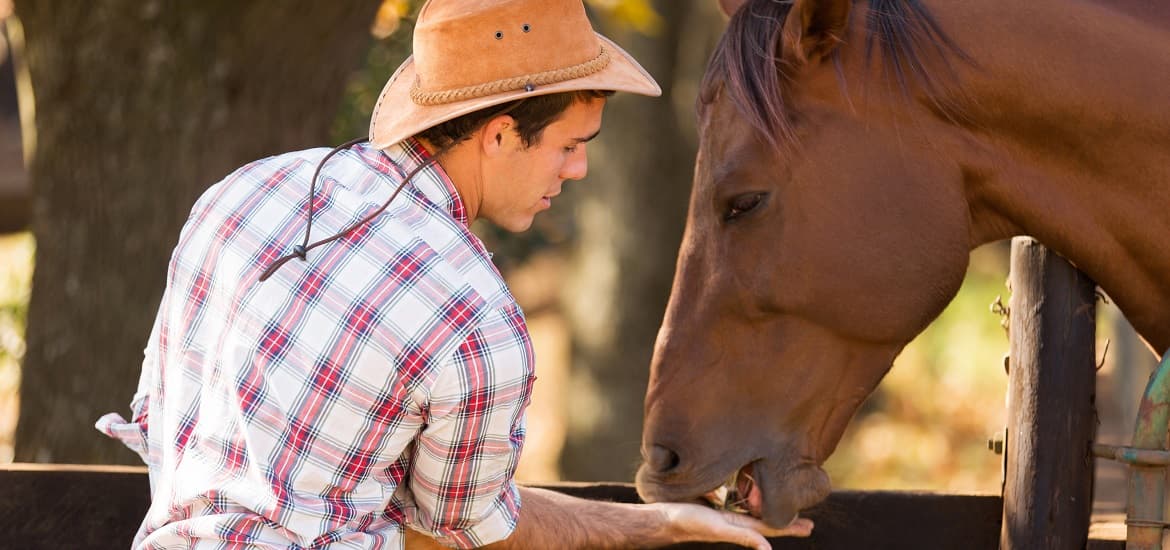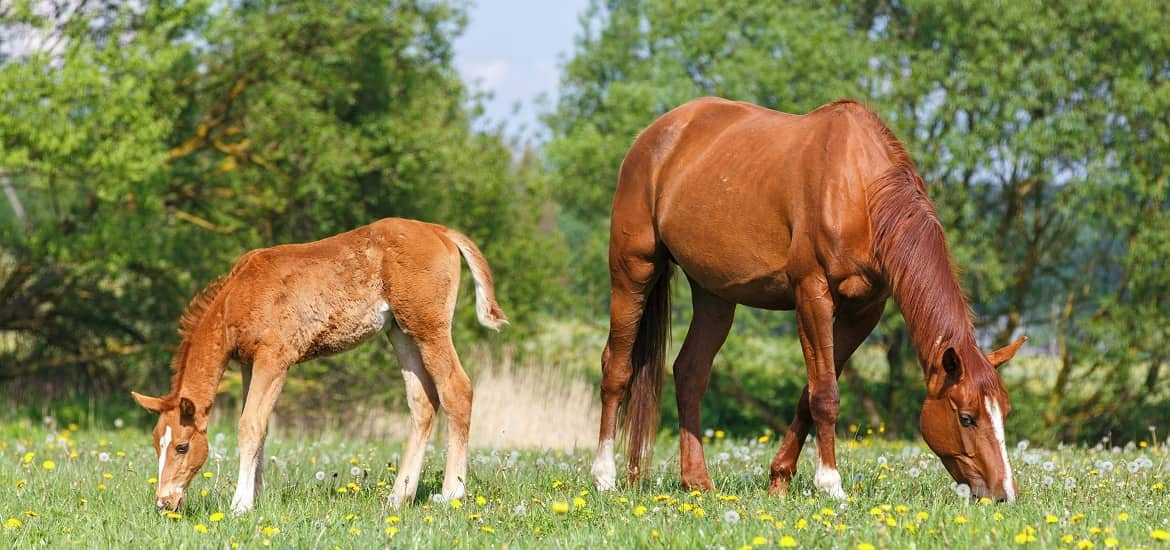Nov 26, 2020, 4:48 PM

A balanced diet is essential to keep the horses energetic and healthy. However, it can sometimes be tricky with all the complex nutritional details mentioned on the various equine supplies in Dubai. Usually, the products carry details about their nutritional content and feeding instructions. The nutritional requirements in equine diets differ and are based on the bodily factors of the horses.
Nutrition Knowledge
A normal horse can consume up to 15 gallons and even more water a day considering the temperature, humidity level, and activity performed by them. A proper source of clean water should be made available to them all the time - the minimum amount being twice a day. Lack of water intake in horses can cause severe dehydration problems, intestinal impactions, and more such illnesses.
Carbohydrates
Their diet majorly comprises carbohydrates, which are further classified as structural and non-structural forms. Roughages consumed by horses like grass and hay majorly comprise structural carbohydrates, which are fiber. Whereas non-structural ones such as starches, usually present in grains, are a digestible form of carbohydrate.
Proteins
Proteins are a highly misunderstood nutrient often provided in excess for enhancing the equine energy levels. Although it is highly essential for their bodily growth and nourishment, proteins are not easily digestible and don't convert into usable energy in the horse's body. The appropriate protein levels for a horse highly depend on various factors, including their workload and age. For instance, growing horses require higher protein intake than the matured ones.

Fats
Fats are an easy digesting nutrient capable of providing higher energy levels to horses. There are various horse feed suppliers in Dubai, such as Royal Horse providing products with a proper balance of omega fatty acids and other vital nutrients.
Vitamins
Vitamins ensure clear metabolism within the body. However, vitamin levels above a normal limit can cause toxicity in the horse's body. A sufficient level of vitamins can be provided through a good forage diet along with a well-formulated supply of concentrate.
Minerals
Minerals are essential to ensure the proper functioning of the horse's body. It is crucial to maintain the calcium and phosphorus ratio in them. For grain-feeding horses, commercial feeds can act as a balancing supplement for calcium.
The commercial feed usually carries details about the appropriate feeding instructions. However, it is vital to determine your horses' specific nutrition requirements according to their age, workload, and other physical factors. A 400kg matured horse that doesn't perform any rigorous activity may require around 504g of proteins supplied with coastal bermudagrass. The same-sized horse that performs a heavy workload may need around 804g of proteins, for which protein-rich hay will be required.
Conclusion
The equine nutrition requirement is determined by various factors, such as exercise, workload, life stage, or pregnancy. Concentrate mixes from trusted suppliers such as Royal Horse feed in Dubai can ensure additional nutrition to the horse. These supplements are prepared using various nutrient-rich substances such as flaxseeds, bran, molasses, beet pulp, etc. These protein, fat, and vitamin supplement can help satisfy different horses' nutritional requirements, such as the foal or working horses.
